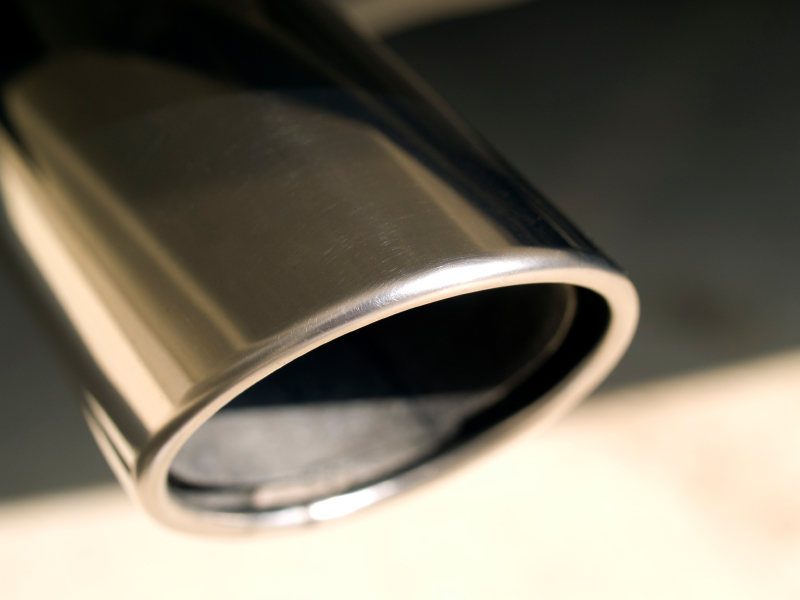As the auto industry and environmental groups count down the days until the NHTSA releases proposals to revise fuel-economy standards, surveys show one industry wants the standards to stay just as they are.
That is the auto-parts supply industry, according to a study released Thursday morning by Calstart, the national clean-transport industry association.
The group commissioned Ricardo Energy & Environment to survey so-called Tier 1 suppliers on their views of the current greenhouse-gas emission standards for 2022 through 2025, the Trump administration's proposals to reduce them, and their thoughts on post-2025 regulations.
DON'T MISS: CAFE proposal coming March 30: automakers hope national rules survive
Overall, the suppliers were strongly in favor of keeping the existing 2022-2025 carbon-emission limits in place.
Fully three-quarters of the survey respondents said the current standards should either be maintained (64 percent) or strengthened (12 percent).
The new study replicates one done last year, whose results were submitted to the EPA as part of its 2017 mid-term review of its tailpipe carbon-emission limits for the same period, which must correspond to NHTSA fuel-economy rules.

Chrome exhaust pipe
Two reasons for those views emerged. First, the suppliers stressed that regulatory certainty was crucial for an industry that plans technology investments that cost hundreds of millions of dollars many years in advance.
Second, the suppliers viewed aggressive greenhouse-gas reduction standards as a force driving new technologies and innovations, which open new products, services, and lines of business for them.
Of 23 respondents to the question, 21 said the standards in place for 2025 had encouraged job growth in their companies.
READ THIS: NHTSA could cite safety of heavier cars in slashing CAFE rules: reports
And 25 companies agreed that it was important to start planning now for standards beyond 2025—a process EPA administrator Scott Pruitt has said his agency has not undertaken.
The auto companies that lead in vehicle-efficiency technologies will be more successful over the next decade and beyond than those that trail, suggested survey respondents: 52 percent agreed with that sentiment, while 30 percent "strongly agreed."
Those views represent something of an evolution: 16 of the 25 companies surveyed had agreed or strongly agreed with the standards for 2025 back when they were announced in 2012.
![EPA administrator Scott Pruitt [photo from 2014] EPA administrator Scott Pruitt [photo from 2014]](https://images.hgmsites.net/lrg/oklahoma-attorney-general-scott-pruitt-2014_100584650_l.jpg)
EPA administrator Scott Pruitt [photo from 2014]
In this year's survey, three technologies led the list for meeting 2025 fuel-efficiency rules: turbocharging, engine downsizing, and 48-volt mild-hybrid enhanced start-stop systems.
Last year's survey included automatic transmissions with more gears among that list, but that evolution is now largely complete among automakers.
CHECK OUT: Trump NHTSA might reduce fuel-economy rules for two-thirds of U.S. vehicles
The suppliers surveyed expect a dramatic shift toward battery-electric and plug-in hybrid vehicles to drive further efficiency improvements after 2025.
Fully 82 percent of the companies surveyed expect battery-electric vehicles to be the single most important vehicle technology after that date.













